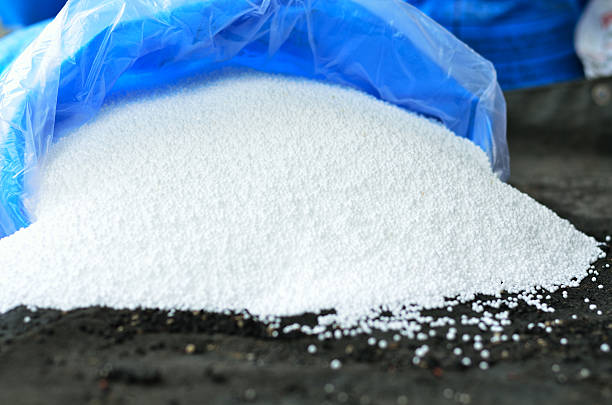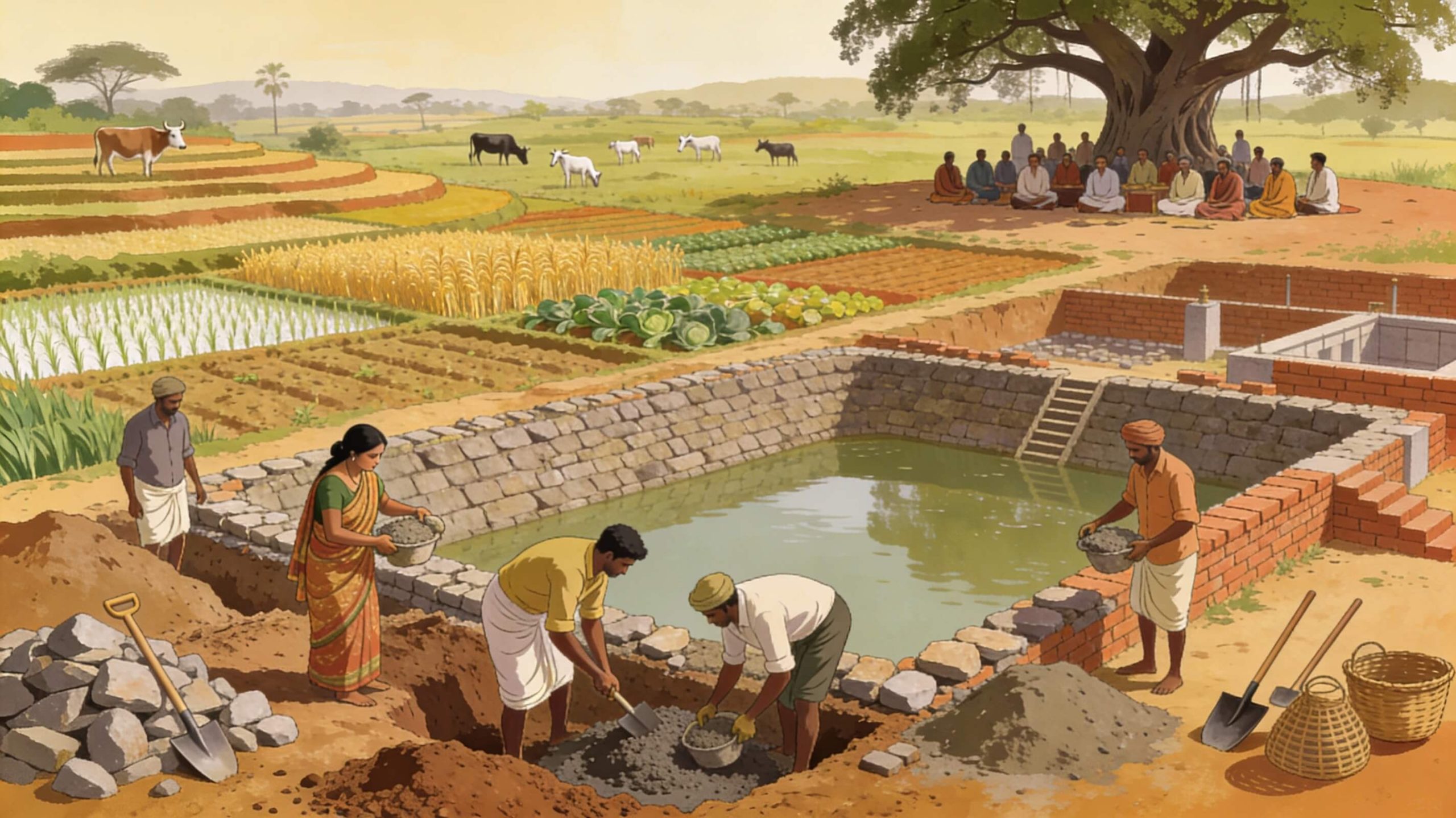Maharashtra is facing a serious shortage of urea and diammonium phosphate (DAP) fertilizers as the kharif sowing season approaches. This shortage is causing significant stress for farmers who are trying to prepare their fields for planting. Stakeholders have raised concerns about the government’s failure to supply adequate fertilizers, which are essential for crop cultivation.
Currently, the state has been allocated a total of 15.52 lakh metric tonnes of urea and 4.60 lakh metric tonnes of DAP for the kharif season. However, as of now, only 5.20 lakh metric tonnes of urea and 1.26 lakh metric tonnes of DAP have been received. This gap in supply has led to worries among farmers who rely on these fertilizers for timely planting.
The Maharashtra State Agriculture Fertilizers Seeds Pesticides Dealers Association has called on the government to address this issue urgently. Former president Jagannath Kale highlighted that the National Chemicals and Fertilizers (NCF) plant in Mumbai used to reserve about 70% of its production for Maharashtra. However, recently, a significant portion of this production is being diverted to Rajasthan, leaving local farmers dependent on private suppliers for their fertilizer needs.
In contrast, the supply of complex fertilizers is abundant, with reports indicating a surplus of 113% compared to the required amounts. Stakeholders argue that these fertilizers should be utilized effectively to ease the current shortages of urea and DAP.
Farmers have also raised concerns about the black market for fertilizers, which becomes more prevalent when official supplies are insufficient. The situation is further complicated by the presence of counterfeit seeds in the market, which has led to complaints from farmers in areas like Nanded, where soybean seeds were found to be of poor quality.
As the situation develops, it is crucial for the state government to ensure that necessary fertilizers reach the farmers promptly, allowing them to prepare for the kharif season without undue stress or financial burden.





